50th anniversary of Roe v. Wade opens opportunity for Archer students to reflect on the overturning
Photo credit: Claire Doyle
In an Abortion Rights Club meeting, eighth graders Sloane Fitzgibbon and Nicole Svendsen discuss ways to get involved with organizations that help women gain access to abortions. The club has worked to inform the Archer community about legislation on abortion rights. “I think it’d be awesome if we were to able to educate the larger Archer community,” eighth grader Maya Hernandez said.
February 9, 2023
Fifty years ago, the pocket calculator was invented, colored televisions made their way into the average American home and Roe v. Wade was codified into law.
Jan. 22 marked the 50th anniversary of the 7-2 Supreme Court ruling that laws and regulations restricting abortion were unconstitutional. On May 2, Politico leaked the ruling that would overturn the well established Roe v. Wade. The ruling was officially overturned 53 days later on June 24.
Nine states had trigger laws that banned or limited abortion as soon as Roe v. Wade was overturned. However, as of November, Californian voters approved Proposition 1, which added explicit language protecting the right to an abortion and access to birth control in the state constitution.
History teacher and leader of the Artemis Center Beth Gold said that the 50th anniversary of Roe v. Wade served as a reminder to the Archer community about the work that has to be done to secure the right to a safe abortion. Gold said that her students found the overturning unconscionable and shocking.
“[We felt] shock when it was leaked first, so less shocked than had the leak not taken place, because I think it was definitely a right women figured was safe to some extent,” Gold said. “The leak was what really put everybody’s antenna up about we need to get activated on this, and we need to learn more.”
Eighth grader Maya Hernandez leads the Abortion Rights Club at Archer. The club’s mission is to educate the community about new legislation on abortion rights at the national level. Hernandez said that the 50th anniversary led her to reflect on her privilege living in a state with pro-choice laws.
“Anyone can come and learn more about reproductive rights and learn more about what the effects of Roe v. Wade being overturned is on not just women, but anyone who’s able to reproduce and their families and friends around them,” Hernandez said.
Abortion rights has been an increasingly hot topic after the overturning of Roe v. Wade, and organizations in support of the Supreme Court’s decision have used the event to illuminate their causes.
The Right to Life League was founded 1967 and has been moving towards a pro-life society for over 54 years. They hold the belief that Roe v. Wade was morally and civilly wrong. Vice President of Legals Affairs at the Right to Life League Susan Swift shared her belief that that the right to life is a guaranteed right based on the US constitution. Swift said that the 50th anniversary has highlighted a cause that they have been fighting fro for the past 54 years.
“We emphasize the rights of the human being, the constitutional rights of individuals, which is stated in the Declaration of Independence — we believe that our rights come from God, not government,” Swift said in a phone interview. “We are not going to end abortion by argument. We’re going to end abortion through love [and] through compassion for that mother and for her child.”
The Oracle sent a survey to upper school students Jan. 24, two days after the 50th anniversary of Roe v. Wade. The form surveyed students’ feelings about the overturning of Roe v. Wade and their knowledge on the Supreme Court decision. Out of 279 upper schoolers, 42 responded.
When asked how well they understand Roe v. Wade, 59.5% of students responded they understand it well, while 38.1% of students felt they only kind of understand Roe v. Wade. Only 2.4% of students felt they could teach a class on it.
All survey respondents indicated they were upset with the overturning, with 61.9% of responses saying they were frustrated. The rest said they felt sad, mad or ready to take action. One Archer student wrote that they felt hurt and defeated at the overturning.
“I feel that abortion is a fundamental part of the United States culture,” one student wrote. “It is important to keep choice of your own body.”
With only 42 responses it is unclear if those with opposing views felt comfortable sharing their opinions.
A Pew Research Center report on the public’s reactions to the overturning of Roe v. Wade surveyed 6,174 American adults. This survey found that 57% adults disprove of the overturning, while 41% of adults approved of the decision.
Gold teaches an Ethics and Social Justice course focused on what power and justice look like through different lenses. Throughout the overturning of Roe v. Wade, Gold’s class applied different lenses to abortion rights, diving into the intersection between abortion and identity.
“People on the right tend to take a more traditional or religious view on the issue and see the sanctity of life as more important than women’s control over their own bodies,” Gold said. “We approach it through the lens of ideology and political views.”
Views on abortion have been divided on a political line. The right tends to lean towards pro-life and the left pro-choice. Swift disagrees that the issue of abortion is strictly political.
“Just remember that it is not a partisan issue,” Swift said. “It is an issue that actually can join both sides of the political spectrum.”
Hernandez said she thinks that the best way the Archer community can bounce back from the overturning is through education.
“Getting volunteer opportunities out there [is important],” Hernandez said. “[It’s] letting people know that they they may feel powerless, but they do have some impact.”





![Freshman Milan Earl and sophomore Lucy Kaplan sit with their grandparents at Archer’s annual Grandparents and Special Friends Day Friday, March 15. The event took place over three 75-minute sessions. “[I hope my grandparents] gain an understanding about what I do, Kaplan said, because I know they ask a lot of questions and can sort of see what I do in school and what the experience is like to be here.](https://archeroracle.org/wp-content/uploads/2024/03/grandparents-day-option-2-1200x800.jpg)













































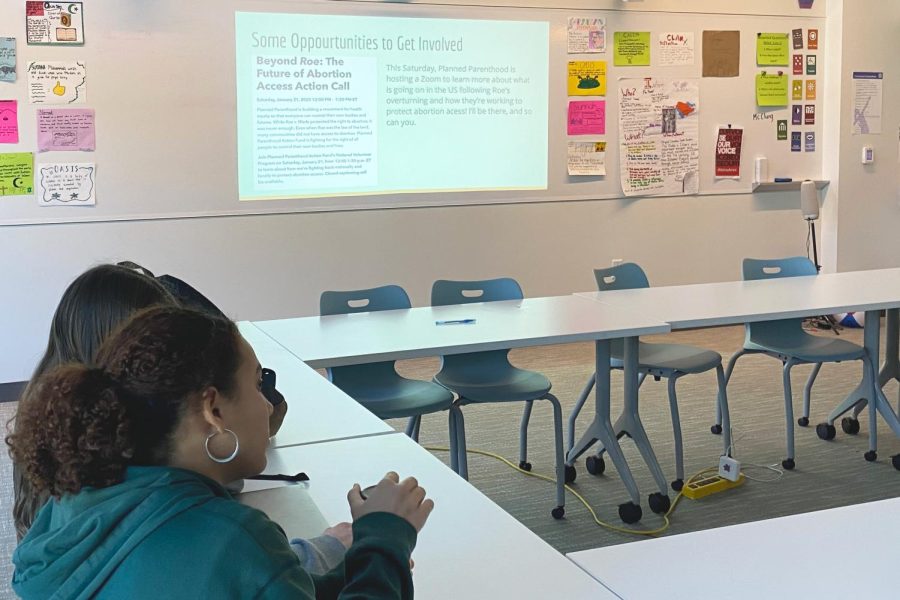
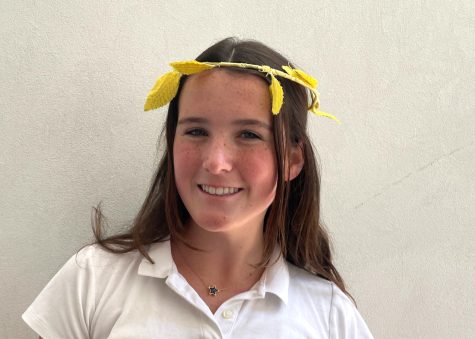






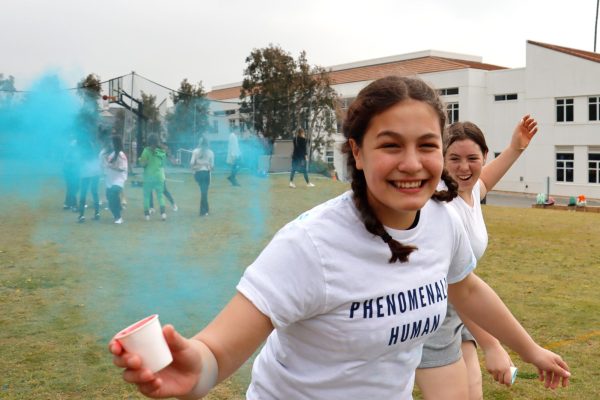
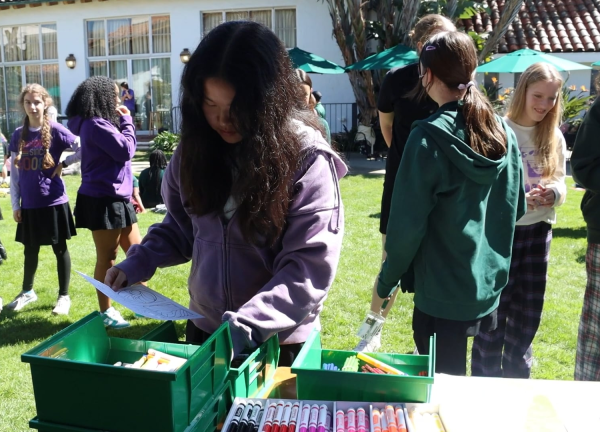
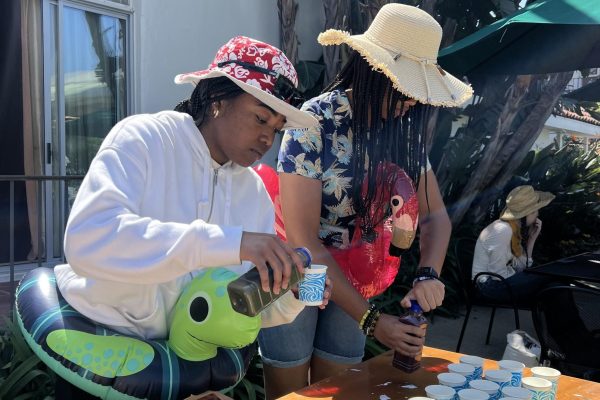
![Freshman Milan Earl and sophomore Lucy Kaplan sit with their grandparents at Archer’s annual Grandparents and Special Friends Day Friday, March 15. The event took place over three 75-minute sessions. “[I hope my grandparents] gain an understanding about what I do, Kaplan said, because I know they ask a lot of questions and can sort of see what I do in school and what the experience is like to be here.](https://archeroracle.org/wp-content/uploads/2024/03/grandparents-day-option-2-600x400.jpg)
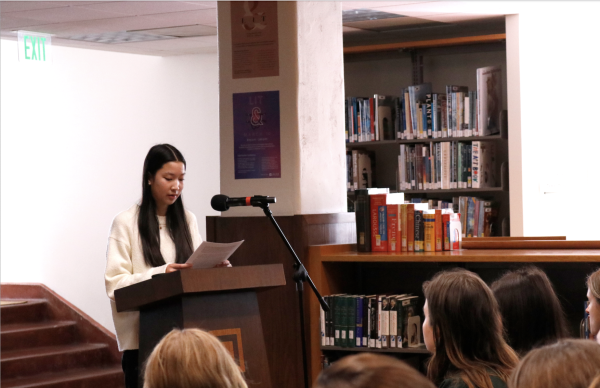
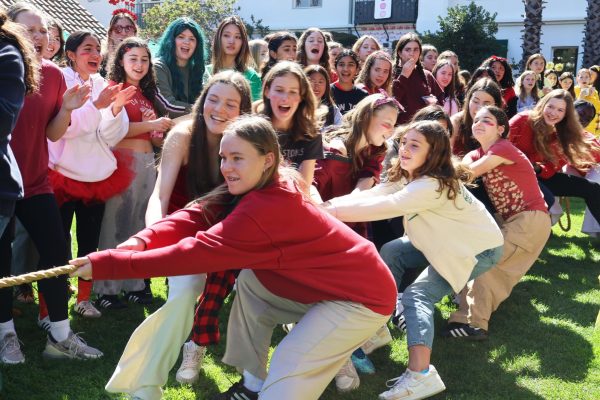
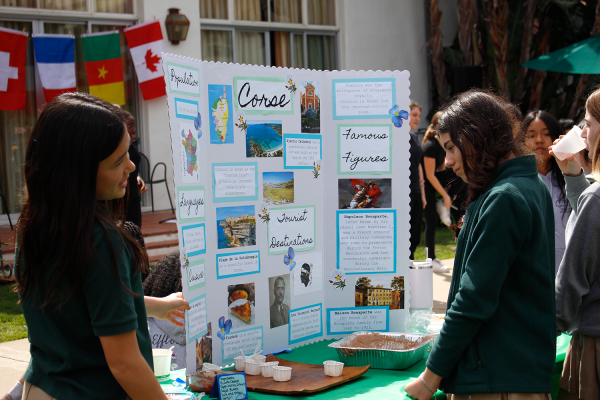
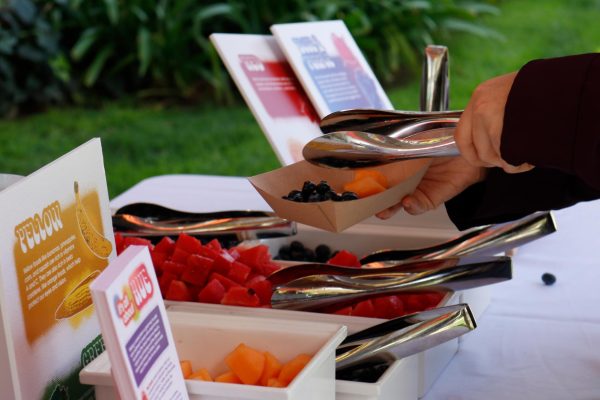
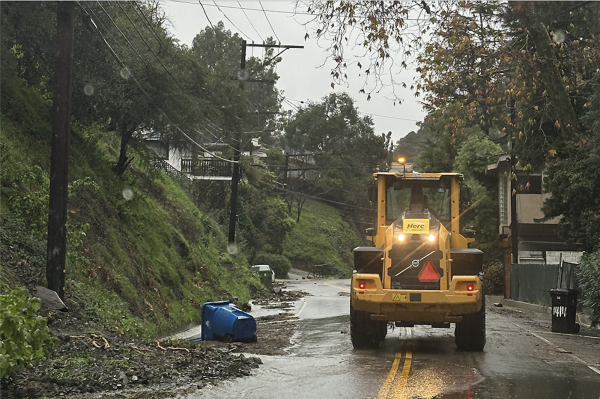
Olivia Hallinan-Gan • Feb 13, 2023 at 9:18 am
Love!!
MIranda Butler • Feb 13, 2023 at 8:59 am
Wonderful article, Claire, on a very important topic. A big hooray for the Abortion Rights Club on campus! Fantastic!